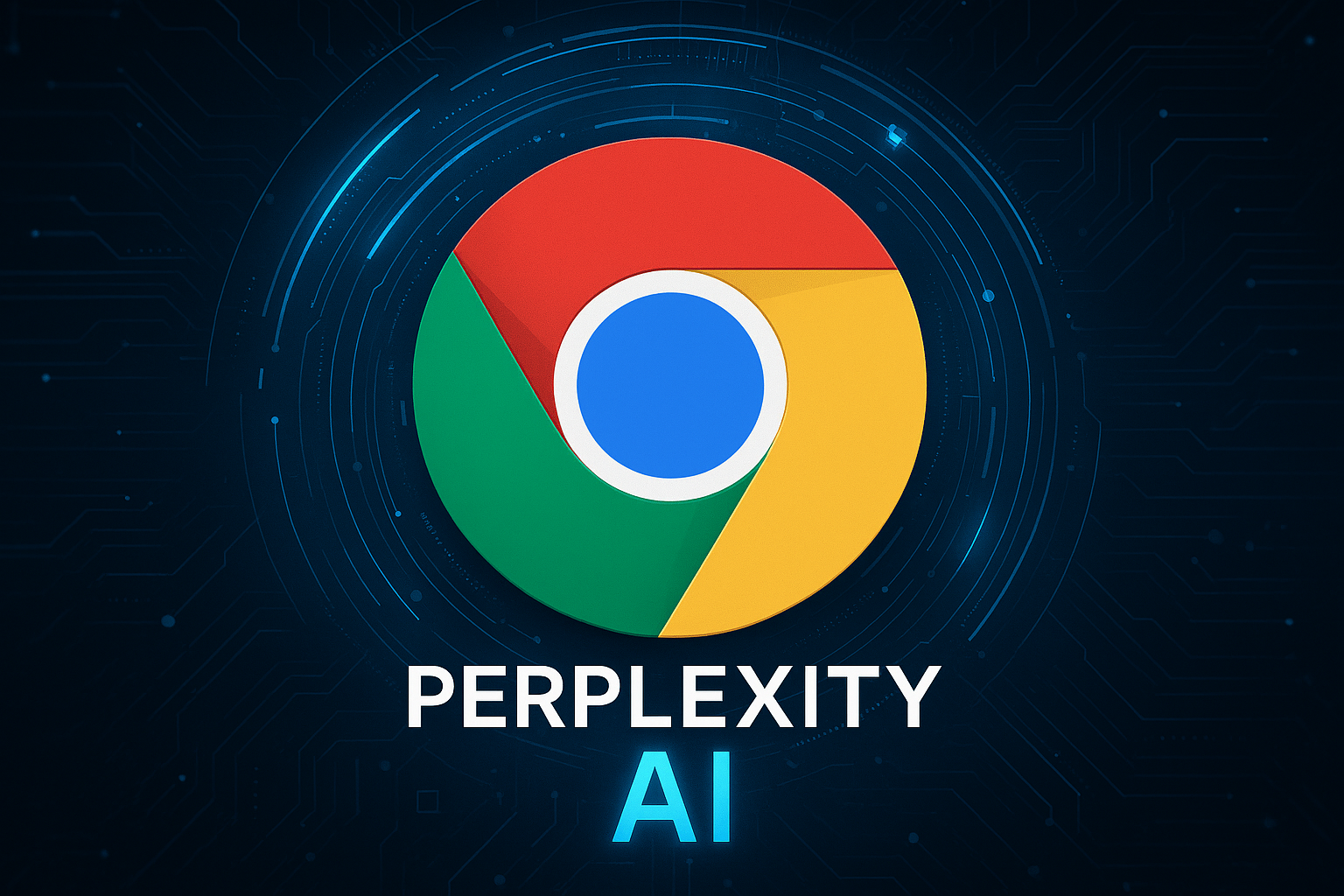In a bold move, AI search startup Perplexity has offered $34.5 billion to acquire Google’s Chrome browser, a cornerstone of online navigation. Announced on August 12, 2025, the unsolicited bid comes amid Google’s antitrust battles, with a court ruling that could force Chrome’s sale. This Google Chrome acquisition attempt by a company valued at $18 billion signals a seismic shift in the tech landscape. Can Perplexity reshape how we browse the web? This article dives into the details, implications, and what’s at stake.
Details of Perplexity’s Bid for Chrome
Perplexity, a three-year-old AI search firm, confirmed its $34.5 billion offer to CNN, as first reported by The Wall Street Journal. The bid includes commitments to maintain Chrome’s user preferences, keep Google as the default search engine, ensure 100 months of support, and invest $3 billion in Chromium, Chrome’s open-source foundation. Backed by major venture capital firms, Perplexity aims to leverage Chrome’s dominance to advance its AI-driven browsing vision, despite Google’s resistance to a forced sale following a 2024 antitrust ruling.
Context of Google’s Antitrust Challenges
Last year, a U.S. court found Google violated antitrust laws with its search business, prompting the Justice Department to propose spinning off Chrome. Google, valued at $2.5 trillion, called the idea “unprecedented” and plans to appeal, citing harm to consumers and security. Perplexity’s bid aligns with this regulatory scrutiny, positioning the startup as a challenger to Google’s market control. Analyst Dan Ives of Wedbush estimates Chrome’s value at $50 billion, making Perplexity’s offer a strategic but risky play.
Perplexity’s Vision and AI Ambitions
Founded in 2022, Perplexity’s AI search engine competes with Google by summarizing web content with sourced links. In July 2025, it launched Comet, an AI-powered browser integrating calendars, tabs, and social channels for a personalized experience. Acquiring Chrome would amplify Perplexity’s reach, allowing it to embed its AI technology into the world’s most-used browser. The company’s earlier bid for TikTok and rumored acquisition talks with Meta and Apple highlight its aggressive growth strategy in the AI era.
Reactions from Industry and Analysts
Google declined to comment on the bid, but its stock rose 1% on August 12, reflecting investor confidence. Perplexity’s spokesperson, Jesse Dwyer, emphasized the company’s belief in an “open web.” Ives called the move “smart and opportunistic,” noting the high-stakes nature of challenging Google amid regulatory pressure. However, skepticism remains about the bid’s success, given Google’s market dominance and Perplexity’s valuation, which is less than half the offer amount.
Broader Impact on the Tech Industry
The Google Chrome acquisition bid underscores AI startups’ ambitions to disrupt entrenched tech giants. If successful, it could reshape browsing, prioritizing AI-driven personalization over traditional models. Failure might still pressure Google to innovate or face further regulatory action. OpenAI’s reported browser development signals intensifying competition. The outcome could influence how users access information online and whether smaller players can challenge Big Tech’s grip.
Key Bid Details
| Aspect | Details |
|---|---|
| Offer Amount | $34.5 billion |
| Bidder | Perplexity, valued at $18 billion |
| Commitments | Maintain Google as default search, 100 months of Chrome support, $3B in Chromium |
| Context | Google’s 2024 antitrust ruling, potential forced Chrome sale |
| Analyst View | Chrome worth $50B, bid seen as strategic but challenging |
Conclusion
Perplexity’s audacious $34.5 billion bid for the Google Chrome acquisition marks a pivotal moment in the AI-driven tech race. While Google resists, the offer highlights vulnerabilities in its dominance and the growing influence of AI startups. As regulatory and competitive pressures mount, the future of browsing hangs in the balance.






